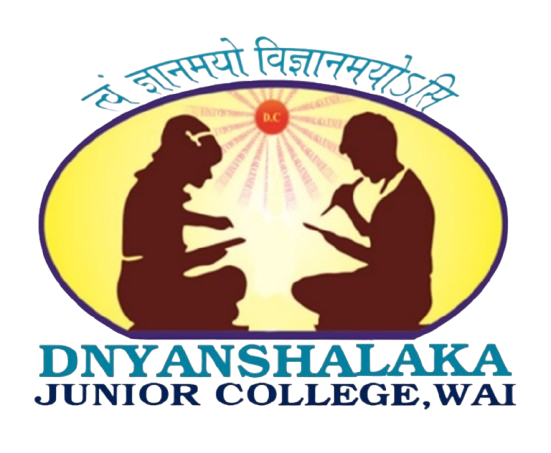The Role of Practical Learning in Science Education
Science is not just about reading theories—it’s about exploring, experimenting, and discovering. Practical learning plays a crucial role in making scientific concepts clearer and more engaging for students. Through modern laboratories, hands-on experiments, and real-world applications, students can develop a deep understanding of Science and improve their problem-solving skills.
1. Why Practical Learning Matters in Science
Many scientific principles are best understood when students observe and experiment rather than just memorize formulas. Practical learning:
Enhances conceptual clarity
Develops critical thinking and problem-solving skills
Boosts retention and recall
Encourages curiosity and innovation
Prepares students for real-world scientific applications
🔬 Example: A student who performs a chemical reaction in a lab will remember it far better than one who just reads about it in a textbook.
2. How Modern Science Labs Improve Learning
Well-equipped science laboratories bridge the gap between theory and application. Schools and junior colleges that provide state-of-the-art labs help students:
✅ Understand Complex Theories – Concepts like Newton’s Laws of Motion, chemical bonding, and biological structures become clearer through experiments.
✅ Develop Precision & Observation Skills – Using microscopes, physics apparatus, and chemical solutions helps students develop accuracy.
✅ Experience Hands-on Learning – Working with real equipment rather than just reading about it enhances engagement.
📍 At Dnyanshalaka Junior College, Wai, our advanced Physics, Chemistry, and Biology labs help students master their concepts through interactive experiments.
3. Subject-Wise Benefits of Practical Learning
🔹 Physics:
Understanding laws of motion by conducting experiments with inclined planes.
Observing electric circuits and magnetism in real-time.
Demonstrating optics principles using prisms and lenses.
🔹 Chemistry:
Performing titrations to understand acid-base reactions.
Observing chemical changes and reactions firsthand.
Learning about organic and inorganic compounds through experiments.
🔹 Biology:
Observing plant and animal cells under a microscope.
Conducting dissections to understand anatomy.
Studying genetics and microbiology with practical methods.
📌 Tip: Hands-on experiments make it easier to remember reactions, formulas, and biological structures—especially useful for NEET, JEE, and MHT CET aspirants.
4. How Practical Learning Prepares Students for Competitive Exams
Many entrance exams like NEET, JEE, and MHT CET require a strong conceptual foundation. Practical learning helps students:
Solve application-based questions more easily.
Improve logical reasoning and analytical skills.
Perform better in practical-based questions in board exams.
Example: JEE and NEET often include experimental and lab-based questions, such as identifying unknown solutions or understanding reaction mechanisms.
5. The Future of Science Education: Technology & Innovation
With AI, virtual reality (VR), and augmented reality (AR), science education is evolving. Virtual labs and 3D simulations allow students to:
Conduct experiments in a safe digital environment.
Visualize complex concepts like DNA structure or atomic bonding.
Get real-time feedback and correct mistakes instantly.
Final Thoughts
Practical learning in Science is essential for deep understanding, skill development, and academic success. Whether you aim for engineering, medicine, or research, hands-on experiments give you a strong foundation to excel.
🎯 Admissions Open at Dnyanshalaka Junior College! Experience interactive labs, expert faculty, and competitive exam coaching to build a bright future in Science.
📞 Contact us today to enroll!

